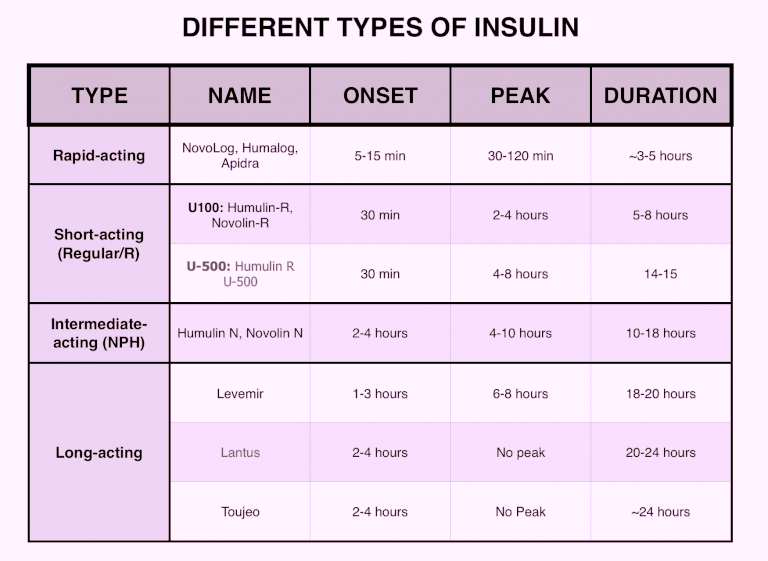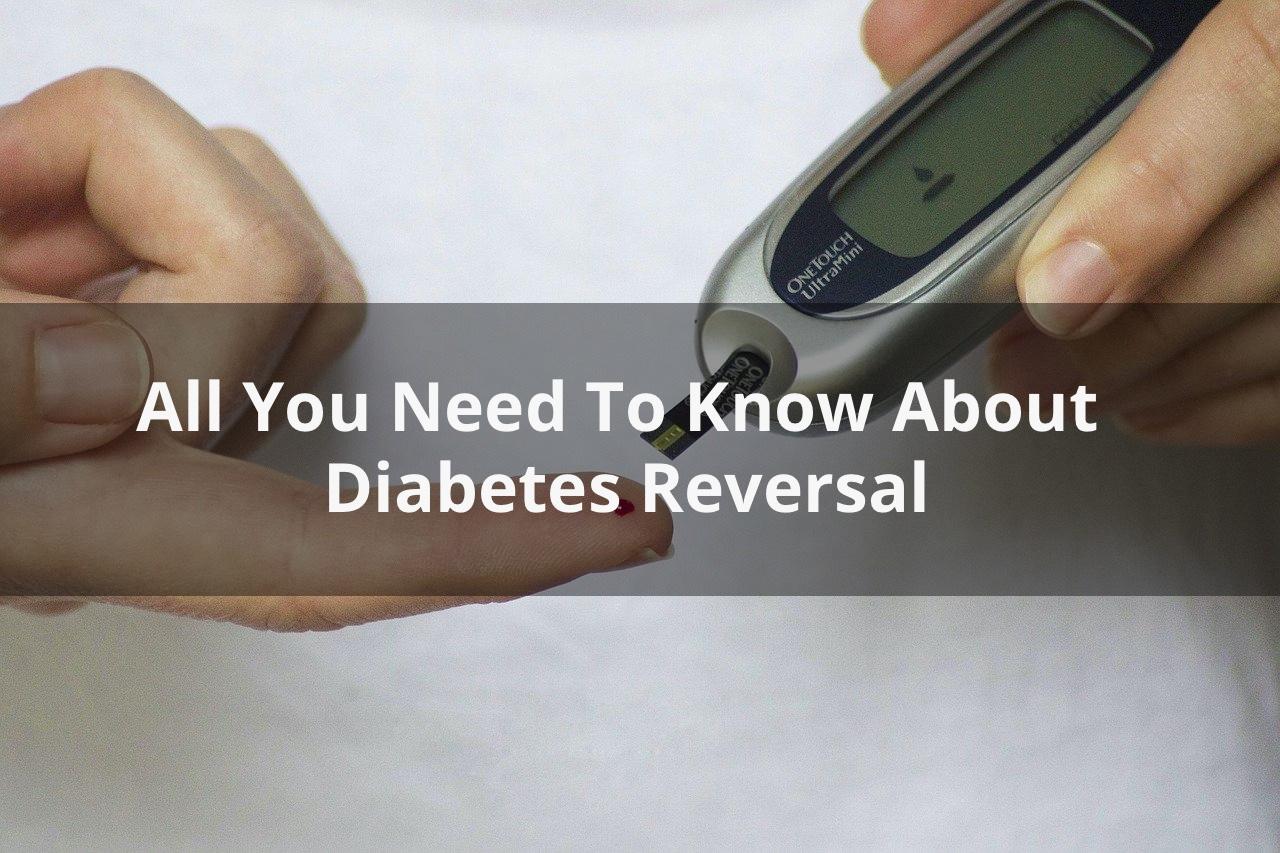Last updated on September 9th, 2022
A Keto diet may cause gastrointestinal (GI) issues like diarrhoea as side effects. In a few cases, diarrhoea or GI problems might be acute as the body adapts to the new diet. Yet, these issues may be more chronic at times and even last the period of the keto diet. If you want to know about the keto diet, why it results in GI problems like keto diarrhea, and how to overcome them; read this article.
The ketogenic diet has been on the headlines as a rapid and successful approach towards weight loss. The low-carbohydrate, high-fat meal plan acts by sending the body into ketosis. This meal plan contains below 5% carbs, 10-30% protein, and 65-90% fat. Ketosis is a metabolic state marked by fat burn rather than sugar for energy. Many people got tremendous benefits from this diet. Many lose their persistent fat, but there is a pain in the butt in many people. Keto may bring about recurrent bouts of diarrhoea.

Everything May Come Down to the Gut
The Gastrointestinal (GI) system may get hit when a person switches his or her way of consuming. Whenever he or she cuts out various food groups in their diet, an imbalance may occur. Gut microbiome takes support from short chain fatty acids. These fatty acids are present in grains, fruits, and veggies. All these must be restricted while on the keto diet. Accordingly, few individuals experience negative signs such as nausea and fatigue or the “keto flu” for some weeks. Their gut microbiomes adapt to the diet. Others, carry on experiencing some tummy issues during their diet.
Fat takes a long time to get broken down by the body. Few individuals simply aren’t familiar with fat metabolism involved in the keto diet. Their bodies fail to use all the fat they’re consuming; thus, they try to remove it. When a person takes excessive fat, the body fails to maintain the breakdown and absorption. When unabsorbed fat enters the colon and small intestines, pulling of more water occurs to help its passage. And, this results in watery diarrhea. Keto diarrhea is perhaps a permanent side effect of this diet.
Also Read: Can Quitting Smoking Reverses Diabetes?

What is a Keto Diet?
Intake of a higher amount of dairy while initiating a keto diet may cause GI problems like Keto diarrhea. A ketogenic diet comprises very low carbs, high fat, and reasonable protein. Carbs are an energy source for the body. If carbs are not enough in the body, ketosis may result. During ketosis, the body breaks down stored fat to produce ketones. And, body utilizes it as energy source rather than carbs. As per studies, keto diet successfully aids in weight loss. It acts by improving fat oxidation (process in which the body breaks down fatty acids).
There are also favorable effects of the keto diet on glucose levels and insulin resistance. Eating this way might also exert some ill effects including:
- Vomiting
- Diarrhea
- Constipation
- Abdominal pain
Causes of Keto Diarrhea Problems
As with intense dietary alterations, initiating a keto diet might affect a person’s stomach and intestines. This may result in various gastrointestinal problems. Some individuals might add on having GI issues all over their keto diet. An individual on a keto diet must have more fat and little carbs. This helps in reaching and maintaining the state of ketosis.
Summary
A keto diet is a regime with foods high in fat and low in carbohydrates. During a keto diet, a person’s body reaches a state of ketosis. In this, body utilizes fat rather than carbs for energy. Keto diet may also aid in managing weight.
There are some other reasons why individuals on a keto diet suffer from GI issues. These may be:
High fat
To break down fat, the liver requires to form bile. A meal containing high amounts of fat needs the liver to liberate extra bile. Bile is a natural laxative. Bile in excess might push waste all over the digestive tract faster than normal. This may lead to diarrhea. High fat and low carb content of the keto diet may lead to GI signs. These can be nausea, vomiting, and bloating.
Microbiota
Gut microbiota are the microorganisms present in the gastrointestinal tract. These majorly contain bacterial vital for overall health of a person. They assist nutrient absorption in the body. Diets rich in fat may result in:
- Inflammation of the GI tract
- Reduction in the healthy fatty acids and,
- Undesirable modifications in the GI microbiome.
However, a keto diet might exert some positive effects on gut bacteria.
During a keto diet, individuals might have more artificial sweeteners and sugar alcohols than normal. If they try finding low carb options to products that they previously had. For instance, they might want replacing the sugar in tea and coffee. An excessive intake of various artificial sweeteners might give rise to a laxative effect, causing diarrhea.
Artificial sweeteners can be maltitol, sorbitol, or xylitol. Many individuals contributing to the keto diet chose these non-nutritive sugars as they wish to limit carbs. But as absorption of sugar alcohols is not effective in the gut, they remain undigested in the large intestine. When this happens, they are expected to have a disagreeable laxative effect.
Also Read: Can Quitting Alcohol Reverses Diabetes?
Other Signs
Diarrhea may not only occur when an individual starts a keto diet. In addition, individuals might experience the following signs:
- nausea
- vomiting
- constipation
- cramping
- abdominal pain
- abdominal bloating
How to Overcome Keto Diarrhea Signs?
If some person on the keto diet is suffering from GI issues, they can relieve their signs by:
- Consuming less dairy: Whole dairy products contain a rich amount of fat. Thus, individuals on a keto diet might have more of these than they previously had. This dietary modification might reveal an intolerance to dairy. Common signs of this intolerance are acidity, diarrhoea, and bloating.
- Consuming more fiber: Fiber helps in relieving diarrhea or constipation. High fiber food products can be leafy greens, cucumber, broccoli, and cabbage. They are appropriate addition in any keto diet.
- Hydration: Drinking helps in improving the problem of constipation. If an individual is experiencing diarrhea, it is vital to practice fluid replacement. Drinking water and sugarless electrolyte drinks replace these fluids and lost electrolytes.
- Reducing the consumption of sugar substitutes: Reducing certain foods and drinks that comprise keto-friendly sugar alternatives might aid in relieving GI signs.
- Including prebiotics and probiotics: Using a probiotic supplement or enhancing the intake of probiotic- and prebiotic-containing foods help in promoting gut bacteria during a keto diet. This helps in lowering down the GI effects of a keto diet.
- Simplifying the diet: Any abrupt modification in the diet might disturb the GI bacteria. Easing into a keto diet by a gradual reduction in the carbs and increase in fats might help in adapting the body.
- Consuming fermented foods: Having fermented foods (sauerkraut and kimchi) may help in improving digestion. This in turn reduces the risks of constipation or diarrhoea.
Summary
Exercise some steps for overcoming keto diarrhoea. These can be increasing the fibre intake, being mindful of dairy one’s consuming. Dairy products cause GI upset, so try excluding cream and cheese from the diet. Laxatives and anti-diarrheal medicines might calm bowels for a bit. But they would not ultimately resolve the problem at hand. They may even hinder the gut microbiome and gastrointestinal system. This may result in further inflammation and GI problems. Easing into the keto diet may help.
When is the Need to Visit a Doctor?
Before incorporating any lifestyle or dietary alterations, it is good to discuss with a healthcare professional. Any person experiencing diarrhea that is serious or persists longer than a week must talk about it with doctor. Also, if constipation becomes long-lasting or intensely painful, it is good to look for a medical help.
Chronic diarrhea may result in heath complications. These can be electrolyte imbalance, vitamin deficiencies, and muscle worsening. If somebody experiences keto diarrhea which is not resolving gradually as their body adapts to the diet, it is better to stop the diet. It’s merely not worth the risk to one’s overall health. Generally, it’s good to check with a doctor whenever a person modifies his or her eating habits. They may better detect any underlying health problems, food intolerances, or allergies. Also, they may aid in figuring out a diet plan that works best for a person and their stomach.
Practicing an intense diet like keto diet is not essential for many people. Individuals looking out for a low carb diet may consider a discussion with an expert dietitian. He or she may determine what dietary modifications may work best for their lifestyle. Less limiting dietary patterns may recurrently produce similar benefits with minimal side effects.
Summary
A keto diet may cause changes in the gastrointestinal tract. Also, it might result in adverse GI effects including diarrhoea and constipation. To overcome diarrhoea because of this keto diet, individuals must take certain harsh steps. These can be consuming more fibre, having probiotic supplements, and simplifying the diet patterns. If the signs of GI upset are severe, chronic, or painful, it is good to look for medical help.
Following a balanced diet allows a diabetic patient to control sugar levels and also maintain a healthy weight. Both are vital when a person has diabetes. Also, talking to a dietitian or diabetes educator, or taking help from diabetes reversal plans like Breathe Well-being gives inspiration. Breathe Well-being’s Diabetes Reversal is a holistic diabetes management program. It includes a combination of diet, coaching, and peer support to help build lasting healthy habits. Breathe Well-being helps maintain healthy sugar levels. This plan has motivated over 10,000+ diabetic people to recover their blood glucose levels within range. Even, there is a tremendous reduction or stoppage of their medicine usage. And, they have even lost a considerable amount of weight. Give it a try certainly!!
FAQ’s
Does reducing carbohydrates result in diarrhea?
A common outcome of having fewer carbs is constipation. Carbs contain high amount of dietary fiber. This adds bulk to stool and softens it, hence it becomes easy to pass. Consuming less fiber has an opposite effect. But, diarrhea is also a common ill effect of low-carb diets.
Does diarrhea result in weight loss?
Diarrhea results due to bacterial infections or stress. And, it continues several days. It may turn risky when it continues for weeks or more. As, it supports water loss in the body. Individuals experiencing diarrhea may lose much weight if they have been ill for a while, but they’re losing mostly water weight.
Does keto diarrhea get away?
In many cases, no, keto diarrhea does not last forever. If it’s just a concern of your GI system getting familiar with breakdown of fat, your stools may build up within 7 days or 14 days. However, if your diarrhea is due to changes in your microbiome, then it may continue.
How long does keto diarrhea continue?
As your body adapt to this new energy source, fat, your diarrhea would reduce after a week or two.
References:
- https://www.medicalnewstoday.com/articles/keto-diarrhea
- https://www.healthline.com/health-news/how-the-keto-diet-can-wreak-havoc-on-your-gi-system
Last Updated on by Dr. Damanjit Duggal
Disclaimer
This site provides educational content; however, it is not a substitute for professional medical guidance. Readers should consult their healthcare professional for personalised guidance. We work hard to provide accurate and helpful information. Your well-being is important to us, and we value your feedback. To learn more, visit our editorial policy page for details on our content guidelines and the content creation process.

 English
English












